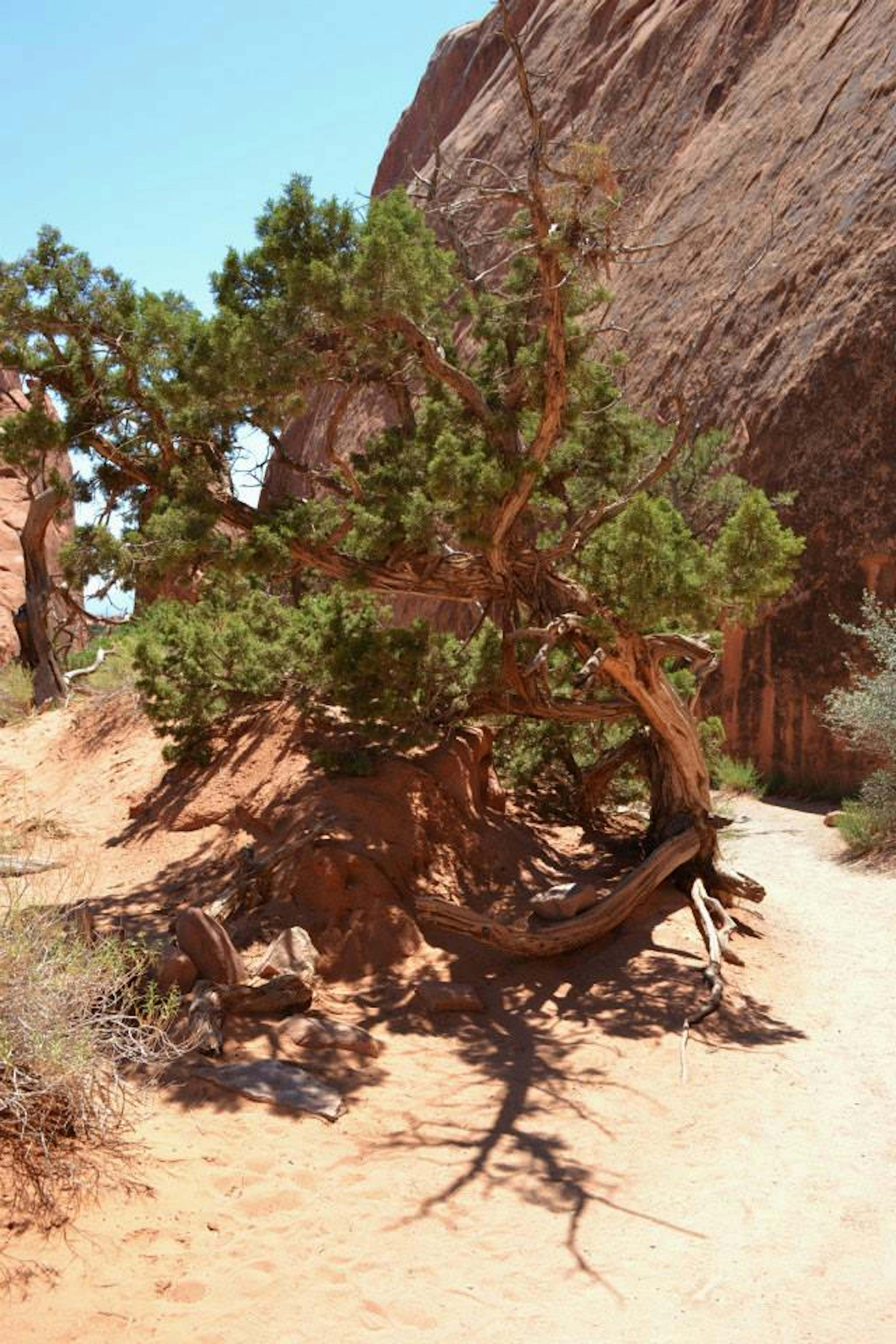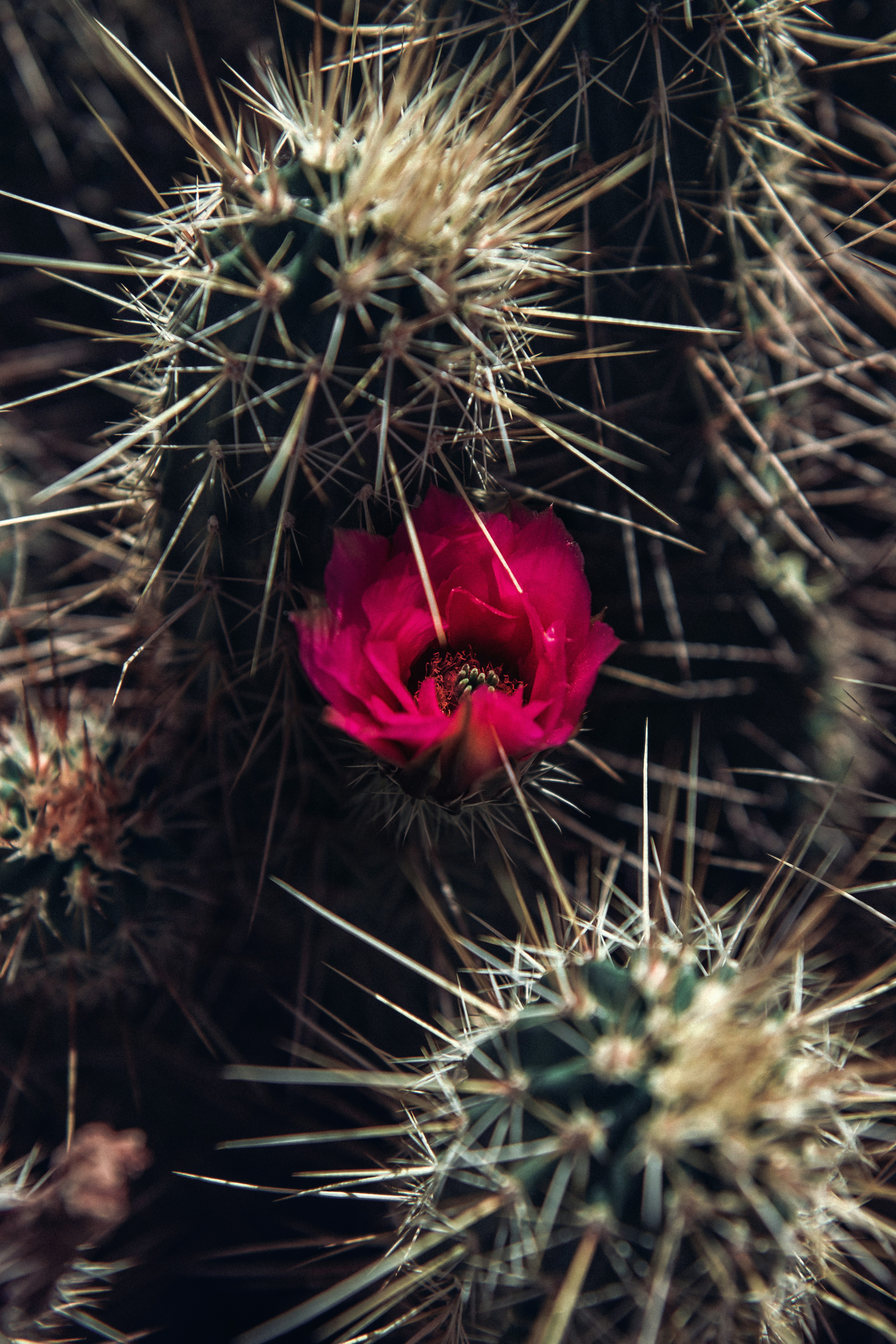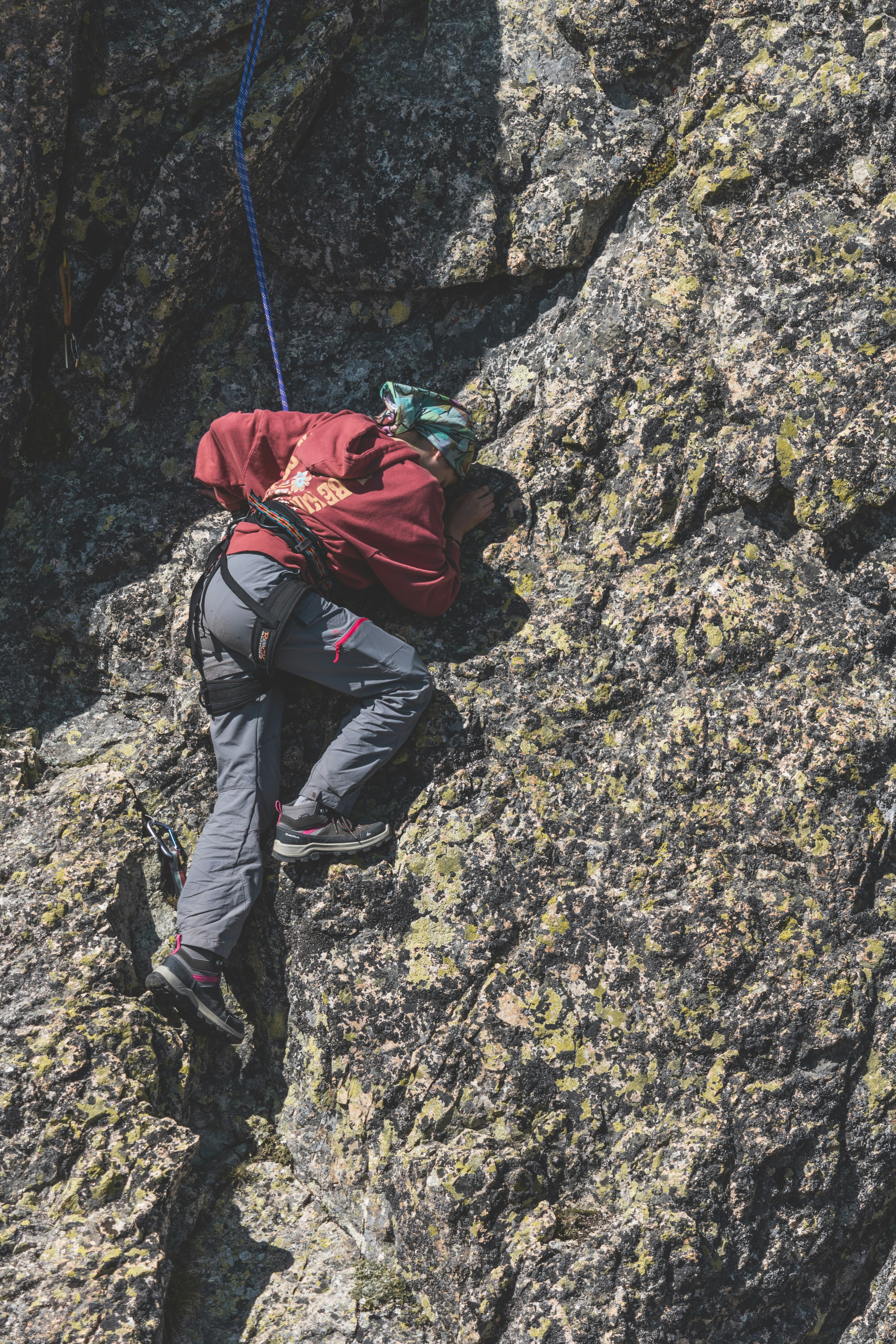In today’s unpredictable world, it is crucial to equip ourselves with the essential survival skills that can potentially save lives or overcome challenging situations. Whether you are an adventure enthusiast, frequent traveler, or simply want to be prepared for unexpected emergencies, understanding the most important survival skills is paramount. From mastering basic first aid techniques to learning how to light a fire and procure clean drinking water, this article explores the fundamental survival skills that can make a significant difference in navigating through the wilderness or surviving a disaster.
Adaptability
Understanding Changing Environments
Adaptability is a crucial skill when it comes to surviving in the wilderness. You must be able to quickly assess and understand any changes in your environment. Whether it’s sudden shifts in weather patterns, varying landscapes, or unexpected obstacles, being adaptable allows you to respond and adjust accordingly. By being aware of your surroundings and staying vigilant, you can effectively navigate through any challenges that may arise.
Quick Problem Solving
Survival situations often present unexpected problems that require immediate solutions. The ability to think on your feet and come up with creative ways to tackle these issues is essential. From finding alternative routes when your planned path is blocked to improvising tools or shelter with limited resources, being a quick problem solver can mean the difference between life and death in the wilderness.
Mental Agility/Thinking on Your Feet
Survival situations can be mentally and emotionally demanding. Your ability to stay mentally agile and think on your feet is crucial for making sound decisions under pressure. Your mind must be flexible, open to new ideas, and able to adapt to changing circumstances. Developing mental agility ensures that you can stay focused, make rational choices, and effectively respond to any unforeseen challenges.
Wilderness Awareness
Recognizing Dangerous Plants and Animals
In the wilderness, knowing how to identify dangerous plants and animals can save your life. Understanding which plants are poisonous and which animals are potentially harmful allows you to avoid them and prevent any unnecessary encounters or injuries. This knowledge can be gained through research and education, as well as practical experience or guidance from experts in wildlife and plant identification.
Navigation Tools and Tactics
Getting lost in the wilderness can be a terrifying experience, but with the right navigation skills, you can find your way back to safety. Learning how to use a compass, read maps, and navigate with natural landmarks are essential skills. Additionally, understanding how to use the sun, stars, and other celestial bodies for navigation can prove invaluable in situations where traditional tools may not be available.
Weather Pattern Identification
Being able to identify weather patterns can help you anticipate and prepare for potential hazards. For example, recognizing the signs of an incoming storm can prompt you to seek shelter and protect yourself from extreme conditions. Understanding how to interpret cloud formations, wind patterns, and changes in temperature can provide valuable insights into the weather forecast and enable you to make informed decisions for your survival.
Fire Building
Basic Fire Principles
Fire is not only crucial for warmth but also for cooking food, purifying water, and signaling for rescue. Understanding the basic principles of fire building, such as selecting the right location, creating a suitable fire bed, and proper stacking of firewood, is essential. Being familiar with different fire-starting techniques and having the knowledge to build and maintain a fire is vital for your survival in the wilderness.
Finding Suitable Firewood
Knowing how to identify and gather suitable firewood is essential for maintaining a fire. Whether it’s for cooking, providing warmth, or signaling, having a steady supply of dry and seasoned firewood is crucial. Learning how to recognize different types of wood and understanding which ones burn efficiently can ensure that you have the necessary fuel to keep your fire going.
Creating Fire Without Matches
While matches are a convenient fire-starting tool, they may not always be available in a survival situation. Therefore, knowing how to create fire without matches is a valuable skill to have. Techniques such as using a magnifying glass, friction-based methods like the hand drill or bow drill, and using a flint and steel are all effective ways to ignite a fire when matches are not an option.
Foraging and Hunting
Identifying Edible Plants and Berries
Knowing how to identify edible plants and berries can provide a much-needed source of nutrition in the wild. However, it is crucial to possess accurate knowledge in this area, as many plants can be toxic or even deadly. Familiarize yourself with edible species that are common in your region, learn to identify them based on their unique characteristics, and understand the proper methods of preparation to avoid any potential health risks.
Basics of Hunting and Trapping
In a survival situation, hunting and trapping can be vital skills for acquiring animal protein. Understanding basic hunting techniques such as stalking, camouflage, and setting traps can greatly increase your chances of successfully catching game. Additionally, learning about local wildlife behavior, tracking methods, and scouting for game trails will help you become a more efficient hunter.
Fishing Techniques
Water bodies are often abundant sources of food in the wilderness. Knowing how to fish can provide you with a consistent source of protein. Techniques such as using a fishing rod and reel, setting up fish traps, or using improvised tools like spears or nets can all be effective in catching fish. Learning about different bait and lure options, as well as understanding the behavior of various fish species, can greatly improve your chances of catching fish in different environments.
Shelter Building
Selecting a Safe and Strategic Location
When faced with the need to build a temporary shelter, choosing the right location is essential. Look for areas that provide natural protection from the elements, such as under thick tree canopies or against large rocks. Avoid low-lying areas prone to flooding or areas that are exposed to strong winds. By selecting a strategic location, you can increase your chances of staying dry and protected in your shelter.
Utilizing Available Materials
In the wilderness, resources are limited, so being able to utilize the materials available to you is crucial for building a shelter. Whether it’s using fallen branches, leaves, grass, or even rocks, learning how to construct a sturdy and reliable shelter from natural materials is a valuable skill. Familiarize yourself with different shelter designs and techniques, such as lean-tos, debris huts, or natural caves, that can provide protection from the elements.
Insulating for Weather Conditions
Surviving in extreme weather conditions requires proper insulation in your shelter. Knowing how to insulate your temporary dwelling to retain heat during cold nights or reflect heat during scorching days is crucial. Understanding how to use natural insulating materials like leaves, pine needles, or snow can help maintain a comfortable temperature inside your shelter. Additionally, using layers and creating air pockets can enhance the insulation properties and improve your overall comfort.
Water Procurement and Purification
Finding Natural Water Sources
Water is a fundamental necessity for survival, and knowing how to find natural water sources can be a lifesaver. Understanding how to identify signs of water, such as animal tracks, vegetation, or geographical features, can lead you to potential water sources. Common sources include rivers, streams, lakes, or natural springs. However, always exercise caution and ensure the water is not contaminated before consuming.
How to Purify Water
In the wilderness, waterborne illnesses can pose significant threats to your health. Therefore, learning how to purify water is vital. Boiling water is the most effective method, but if you don’t have access to a heat source, alternative methods like using water filters, chemical purifiers, or ultraviolet light sterilization can be employed. Familiarize yourself with these techniques and ensure you have the necessary tools to purify water in a survival situation.
Signs of Dehydration
Recognizing the signs of dehydration in yourself or others is essential for maintaining good health while in the wilderness. Symptoms such as dry mouth, fatigue, dizziness, dark urine, or reduced urine output are all signs that your body lacks sufficient hydration. Understanding the importance of staying hydrated and learning how to ration water can help you prevent dehydration and ensure your survival in challenging environments.
Emergency First Aid Skills
Recognizing Signs of Injury or Illness
Being able to recognize signs of injury or illness is crucial for providing immediate assistance in a survival situation. Understanding the difference between minor injuries that can be self-treated and more serious conditions requiring urgent medical attention is vital. Learn to identify symptoms like bleeding, broken bones, burns, allergic reactions, or signs of infection to ensure prompt and appropriate action.
Natural Remedy Usage
In a wilderness setting, medical supplies may be limited or unavailable. Knowing about natural remedies can help alleviate certain ailments or injuries. For example, using aloe vera gel for burns or insect bites, creating a poultice from certain plant leaves for wound care, or utilizing herbs with known healing properties can be beneficial. Be sure to research and gather knowledge about local plants and their medicinal uses before relying on natural remedies.
Performing Basic Medical Procedures
Having the ability to perform basic medical procedures can be life-saving in emergency situations. Learning skills such as wound cleaning and dressing, CPR, the Heimlich maneuver, and setting a simple splint can provide immediate assistance until professional medical help is available. Consider taking a first aid course or seeking guidance from medical professionals to gain the necessary skills and knowledge.
Physical Fitness and Endurance
Building Stamina and Strength
Physical fitness is an essential aspect of wilderness survival. Building stamina and strength enables you to endure physically demanding tasks, such as long hikes, carrying heavy loads, or navigating challenging terrains. Engage in regular exercise routines that include cardio workouts, strength training, and endurance exercises to improve your overall fitness levels and increase your chances of survival.
Importance of Rest and Energy Conservation
While physical fitness is important, rest and energy conservation are equally crucial for survival. Knowing when to take breaks and how to manage your energy levels can prevent exhaustion and reduce the risk of injury. Pace yourself, listen to your body’s signals, and prioritize adequate rest to ensure you have the energy and stamina needed to navigate through challenging situations.
Nutrition and Food Rationing
Proper nutrition is vital to maintain physical strength and mental clarity in survival situations. Understanding which foods provide the necessary nutrients and energy is key. In addition, knowing how to ration your food supplies can significantly extend your survival time. Learn about long-lasting, nutrient-dense foods that are easy to store and conserve. This knowledge can help sustain you until you find additional sources of food in the wilderness.

Signaling for Rescue
Creating Visible Signals (Smoke, Markings)
When in need of rescue, creating visible signals is essential for attracting attention. Knowing how to build a signal fire, using specific types of wood to produce smoke, can greatly increase your chances of being spotted by search parties or passing aircraft. Alternatively, creating ground-to-air markings or utilizing reflective surfaces can help rescuers locate your position more easily.
Using Noise to Attract Attention
In addition to visual signals, using noise can also be an effective way to attract attention in a survival situation. Clapping, shouting, or using a whistle can alert potential rescuers to your location. Learning how to create different noise signals, such as three short bursts or a repetitive pattern, can communicate distress and expedite your rescue.
Understanding International Distress Symbols
Understanding and using international distress symbols can greatly enhance your ability to communicate your need for help in a universal language. Familiarize yourself with recognized distress signals such as SOS (three short, three long, three short), the international distress frequency (121.5 MHz for aircraft), or displaying a distress flag with specific colors and patterns. These symbols can increase the chances of being recognized and aid in your rescue.
Psychological Preparedness
Maintaining a Positive Mental Attitude
Survival situations can be mentally and emotionally challenging. Maintaining a positive mental attitude is vital for your overall well-being and resilience. Cultivate an optimistic mindset, focus on your strengths and resources, and remind yourself that you have the skills and knowledge to overcome difficulties. By keeping a positive outlook, you can effectively cope with stress and increase your chances of survival.
Coping with Fear and Anxiety
Fear and anxiety are natural responses in survival situations, but learning how to cope with these emotions is crucial. Developing techniques to manage fear, such as deep breathing, positive self-talk, or visualization, can help you stay calm and focused. Embracing mindfulness or meditation practices can also provide mental clarity and emotional stability during challenging times.
Stress Management Techniques
Effective stress management techniques are essential for maintaining physical and mental well-being in survival situations. Engaging in activities that help relieve stress, such as journaling, practicing yoga or tai chi, or connecting with nature, can provide a much-needed respite from the demands of the wilderness. Prioritize self-care and make time for activities that help you relax and recharge, as they are vital for your overall resilience and survival.
In conclusion, the most important survival skills encompass a wide range of abilities and knowledge. From adaptability and problem-solving to wilderness awareness and physical fitness, each skill plays a crucial role in increasing your chances of survival in the wilderness. By mastering these skills and continuously honing your abilities, you can navigate through the most challenging environments and emerge successfully from any survival situation that comes your way. Remember, preparation, education, and practice are the keys to survival in the great outdoors. Stay prepared, stay vigilant, and stay safe!




